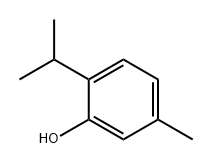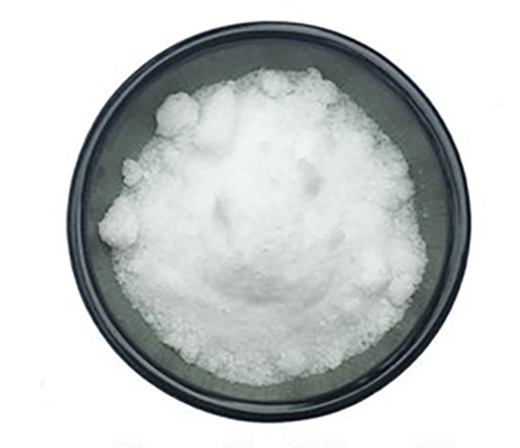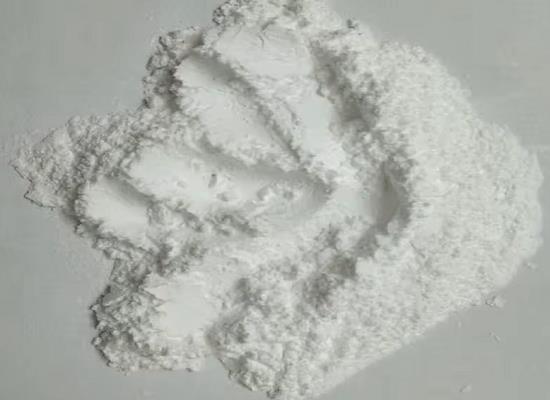Thymol: Neuroprotective Effects and Mechanisms
Description
Thymol found in oil of thyme, and extracted from Thymus vulgaris (common thyme), ajwain, and various other plants as a white crystalline substance of a pleasant aromatic odor and strong antiseptic properties.
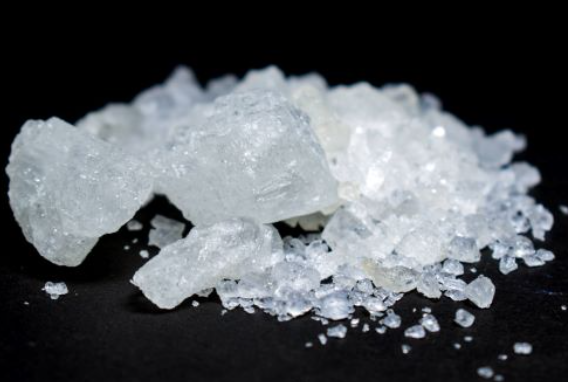
Mechanisms
Thymol is a phenolic compound naturally existing in Thymus vulgaris L. and has a variety of pharmacological activities. It was found that thymol intervention in AGS suppressed the growth of cells, promoted intracellular ROS production, decreased MMP, activated mitochondrial proteins BAX and caspase, and induced apoptosis. The results showed that thymol could induce apoptosis of AGS via the mitochondrial pathway (Kang et al., 2016).1
Neuroprotective Effects
Thymol, a bioactive monoterpene isolated from Thymus vulgaris, has displayed inspiring neuroprotective properties. It was observed that thymol treatment (15 mg/kg and 30 mg/kg) significantly reversed the decrease of sucrose consumption, the loss of body weight, the reduction of immobile time in the tail suspension tests (TST) and forced swimming tests (FST) induced by CUMS paradigm. The levels of norepinephrine (NE) and serotonin (5-HT) in the hippocampus decreased in the CUMS-treated mice. Chronic treatments with thymol significantly restored the CUMS-induced alterations of monoamine neurotransmitters in the hippocampus.
Our results further demonstrated that thymol administration negatively regulated the induction of proinflammatory cytokines including interleukin (IL)-1β, IL-6, and tumor necrosis factor-α in CUMS mice. Furthermore, thymol inhibited the activation of nod-like receptor protein 3 (NLRP3) inflammasome and its adaptor, and subsequently decreased the expression of caspase-1. In sum, our findings suggested that thymol played a potential antidepressant role in CUMS mice model through up-regulating the levels of central neurotransmitters and inhibiting the expressions of proinflammatory cytokines, which might provide potential for thymol in the light of opening up new therapeutic avenues for depression.2
1. Maoyuan Zhao . “Phytochemicals and mitochondria: Therapeutic allies against gastric cancer.”Phytomedicine 110 (2023): Article 154608..
2. Xue-Yang Deng.“Thymol produces an antidepressant-like effect in a chronic unpredictable mild stress model of depression in mice.” Behavioural Brain Research 291 (2015): Pages 12-19.
References:
[1] MAOYUAN ZHAO . Phytochemicals and mitochondria: Therapeutic allies against gastric cancer[J]. Phytomedicine, 2023, 110. DOI:10.1016/j.phymed.2022.154608.[2] XUE-YANG DENG . Thymol produces an antidepressant-like effect in a chronic unpredictable mild stress model of depression in mice[J]. Behavioural Brain Research, 2015, 291: 1-414. DOI:10.1016/j.bbr.2015.04.052.
You may like
Related articles And Qustion
Lastest Price from Thymol manufacturers
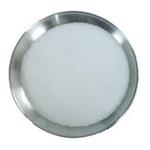
US $1200.00-1100.00/ton2025-10-31
- CAS:
- 89-83-8
- Min. Order:
- 1ton
- Purity:
- 99%
- Supply Ability:
- 1000T/M

US $0.00/kg2025-05-07
- CAS:
- 89-83-8
- Min. Order:
- 1kg
- Purity:
- 0.99
- Supply Ability:
- 1000kg
